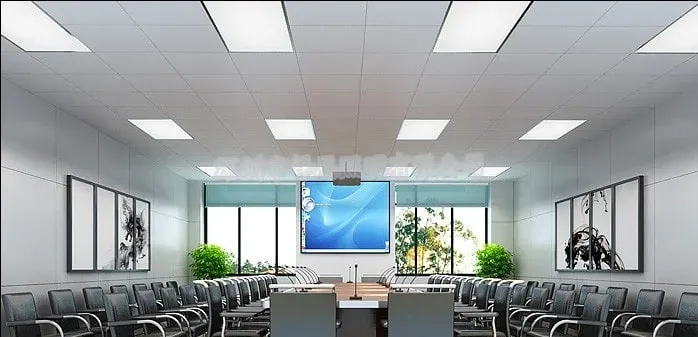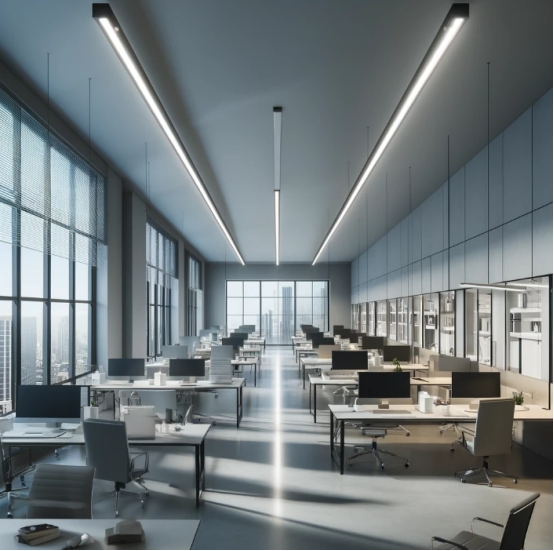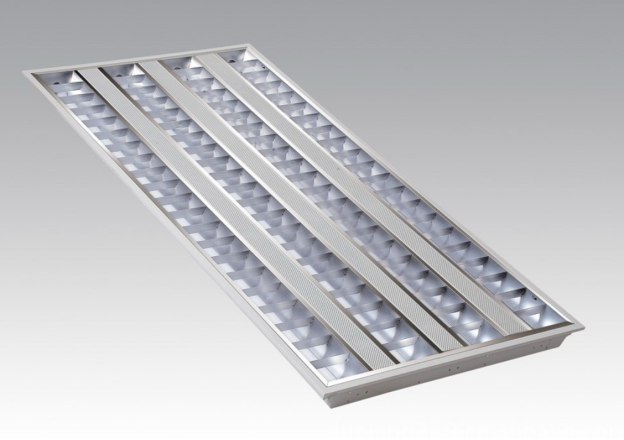Introduction
Sourcing LED products is common, but it is imperative to distinguish between a trading company and a factory when choosing them from these suppliers.
To carry out this understanding, knowing what a factory is and what a trading company is is imperative. A factory is involved in manufacturing the LED products on its own, whereas a trading company is just an intermediary that supplies products.
There are many reasons to consider this aspect as one of the most important to look into because it helps determine the quality and LED supplier offers.
If you are also planning to have a new project for which you need LED products, this guide below could greatly help you. In this guide, you will learn many details about the suppliers and the pros and cons of choosing them.
So, read below and familiarize yourself with factories and trading companies for LED products.
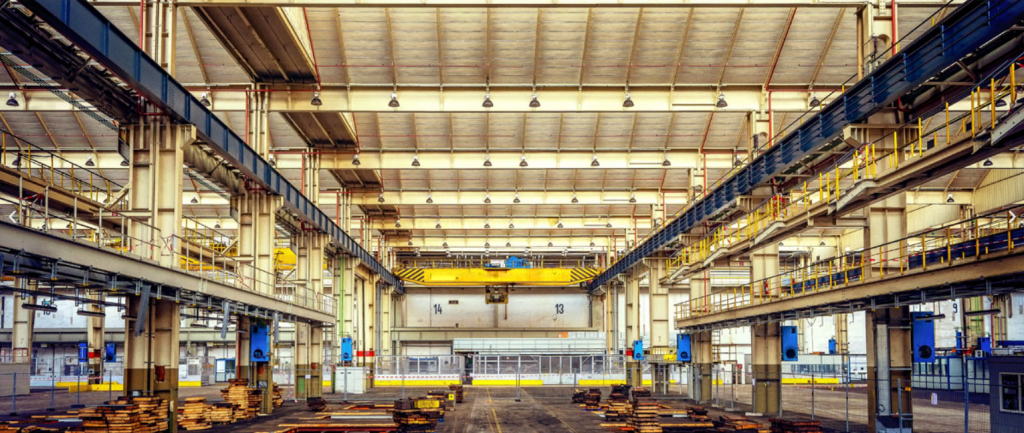
Characteristics and applications of LED lights
LED lights stand for Light Emitting Diodes that are backed with many characteristics and widely used in multiple applications.
Some of the characteristics of LED lights are as follows:
- LED lights are energy efficient, which is one reason people prefer installing them. Compared to other lighting solutions, they consume less electricity and ensure uniform and bright illumination. It helps save energy costs and also does not impact the environment much.
- LED lights’ lifespan is quite long and can work up to thousands of hours. This longevity in the life of these lights reduces the need for replacements; hence, maintenance costs and replacement expenses could be saved.
- LED lights are durable; they resist shock and vibration and do not have fragile components, which makes them suitable for all environments due to their robust nature.
- LED lights instantly turn on and need no warm-up time; hence, in situations where immediate illumination is needed, these are helpful.
- The size of LED lights is also very small and hence could be installed with flexibility, and there are many shapes and sizes which can be chosen and different designs could be accommodated.
- The light distribution in LED lights is relatively controlled. They ensure that light is emitted in a specified direction; hence, applications that need focused illumination may find them highly suitable.
Apart from the characteristics of LED lights, another essential thing is its applications. These lights are widely used for many projects, and some of these applications are as follows:
General Lighting Applications
LED lights are widely used for general lighting in residential, industrial, and commercial setups. These lights can be used instead of halogen, incandescent, and fluorescent bulbs.
They are capable of being used in many lighting fixtures like ceiling lights, lamps, track lights, and downlights.
Outdoor Applications
LED lights are used with many applications outdoors because they are highly durable and energy efficient. They can be used for parking lots, illuminating pathways, landscape lighting, and street lights. They can tolerate the harsh environmental conditions.
Automobile Lighting
LED lights are highly popular in the automobile sector and have been used in vehicles because of their compact size, energy efficiency, and even longer life span. They can be used in headlights, turn signals, brake lights, and interior lights of vehicles.
Sign Lights
LED lights are even observed on advertisement boards. These lights create vibrant colors and dynamic effects, making them suitable for digital billboards.
Backlighting and Decorative Applications
In LED screens of computer monitors, smartphones, and televisions, these LED lights help to enhance the image quality when used as a backlight.
These lights are even used for decorative applications and create different decorative effects. They are used in factories like accent lighting, under the cabinet lighting, and even in light strips, which can enhance the aesthetics of any commercial or residential space.
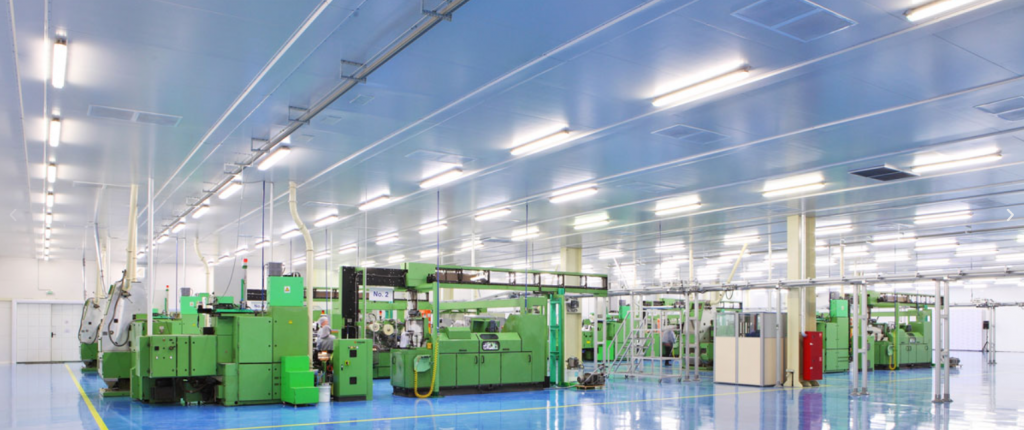
Significance of Choosing the Right LED Supplier
The right supplier is one of the major considerations when purchasing LED lights for your projects. If you wish to make the most of LED lights, you should have the right supplier to purchase from. Some of the reasons why choosing the right LED light supplier is important are shared below:
Quality of Light
A well-reputed supplier will always provide you with quality LED lights up to the mark. LED lights must meet industry standards, and safety measures, offer durability, and have seamless illumination.
Hence, choosing the right supplier is very important if you wish for hands-on experience with an LED light durable enough to last longer and serve your purpose well with its excellent performance.
Options for Customization
Depending upon the application you need LED lighting products for, the customization requirements might evolve. LED lights need some features, and a good supplier could only provide you with those.
Hence, when choosing the right supplier, you will be assured that he will cater to your customization requirements and manufacture products according to your expectations.
Explores Innovation
LED technology is evolving with time, and many advancements occur now and then, ensuring innovative lighting features are equipped with LED lights. Hence, if you pay attention to choosing the LED light supplier, you can have a product manufactured with the latest advancements.
Reputable suppliers invest in their research and development departments and can manufacture energy-efficient and sustainable lights with intelligent controls.
Stability of Components
A reputable supplier will have a constant supply of components and ensure that you also consistently get your hands on the LED products. They have well-established terms with their suppliers, so the risk of delays and disruptions is minimized.
Guaranteed Support
LED lighting products need technical supply when installation is carried out, and sometimes this support might be required in case of troubleshooting or maintenance. The right supplier will always provide its clients with ultimate technical support.
Compliance with Regulations
When investing in LED products, you always need to ensure that these comply with industry standards and are safe to use. Hence, when you look forward to sourcing them through a reliable supplier, you will be assured that these lights are quality-oriented, compliant, and safe to use.
Insight into LED Factories
LED lights are manufactured in factories. So, when you buy these lights directly from the factories, those factories turn out to be your LED light supplier. There are many pros and cons of choosing factories and some features distinguishing them from trading companies.
● Features of LED Factories
Some of the features of LED light factories are as follows:
- LED factories comprise production facilities that are explicitly dedicated to producing these lights. Hence they are equipped with specialized machinery and have all the resources to handle every step of the manufacturing process associated with LED lights.
- The factory controls the entire manufacturing process, from sourcing raw materials to the final assembly; hence, they can maintain quality standards with better consistency.
- LED factories also invest in research and development; therefore, they can bring innovations to the world of LED product manufacturing. Hence, they can produce more and more energy-efficient lights with better performance.
- LED light factories also offer OEM and ODM services; therefore, according to customers’ wants, their products could be manufactured based on customization.
- LED factories are where the production process of LED lights is carried out, and therefore, they ensure that these lights meet industry standards. Therefore they implement quality control procedures and ensure relevant tests and investigations are carried out for color consistency, efficiency in lighting, etc.
- LED factories can handle production at a larger volume; hence they are suitable when the demand is high because they can meet delivery deadlines.
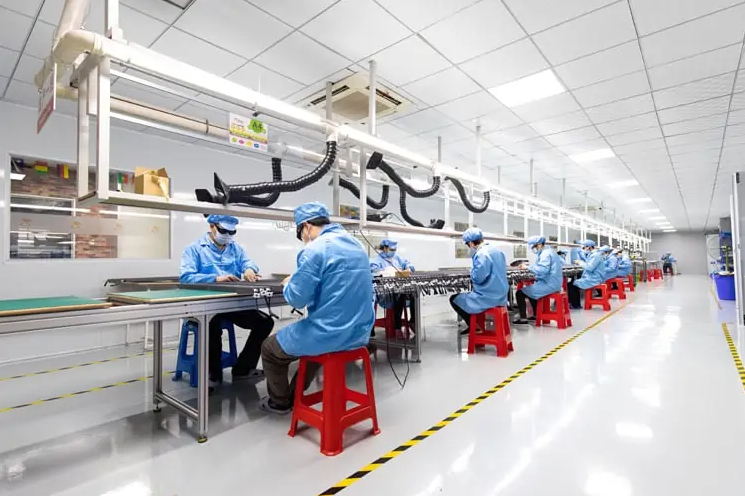
● Advantages and Disadvantages of choosing Factories
There are some advantages and disadvantages of choosing factories for LED lighting, and these may include the following:
Advantages:
- LED lights, when purchased by the factories, ensure flexibility; the product is open to customization, and any specific feature or design you wish to have could be implemented.
- LED factories have better quality control; hence, the product quality and performance are also up to the mark; they implement certain stringent quality control policies.
- LED factories also offer competitive pricing as they are manufacturing the LED products on their own, and there is no intermediary in between that helps save costs.
Disadvantages:
- The range of products from LED factories could be limited because the manufacturer will only have the brand they produce, whereas the trading companies have more variety and different brands with multiple specifications.
- Usually, the production capacity of factories is high, but sometimes they might lack this capacity due to some limitations, so when placing bulk orders, you need to assess this aspect.
- LED factories do not offer diversification in most cases. They solely focus on producing their LED products and have no additional production lines.
Insight into LED Trading Companies
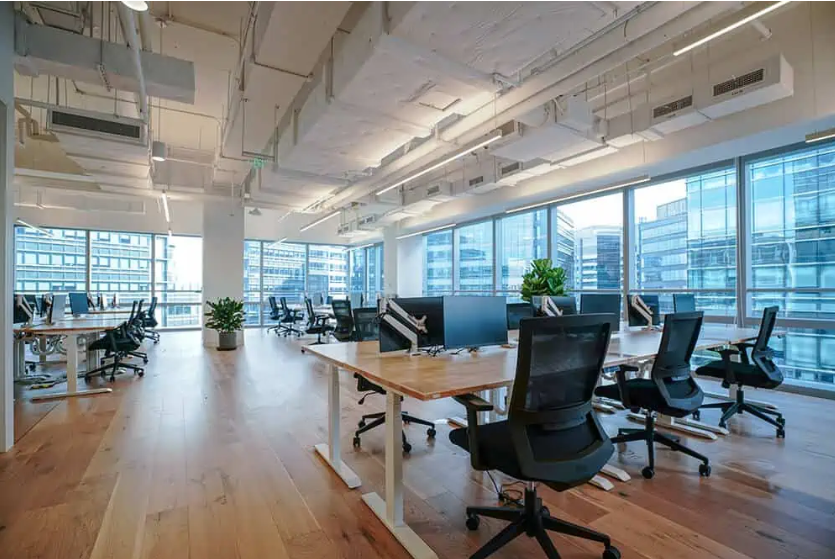
Trading companies, on the other hand, are the ones that act as an intermediary between suppliers and customers. They do not produce the LED lights independently or have the stock to sell.
● Features of LED Trading Company
Some of the features of a trading company may comprise the following points:
- Supplier networks of LED trading companies are very strong, and they have well-established networks with the manufacturers. Hence, by sourcing products from different manufacturers, they consolidate them in a single product catalog sufficient for the buyers to view.
- They offer a diversity of products, there is a wide range of LED products from multiple manufacturers, and hence different styles, sizes, and specifications could be attained.
- Trading companies have extensive knowledge of the market. Hence they can look at customers’ demands and the developments in the industry. By staying updated with different innovations, they ensure having innovative products too.
- They are open for small and large orders, hence suitable for customers who look forward to having multiple kinds of LED lights in smaller quantities.
- The distribution system of LED trading companies is quite well maintained; they always ensure timely delivery, and your order fulfillment is never delayed, no matter where you are.
● Advantages and Disadvantages of LED Trading Companies
Trading companies do have some pros and cons which must be taken into consideration, and these include the following:
Advantages:
- The variety of LED products with LED trading companies is commendable, you can get a hold of different brands, and different specifications which fulfill your lighting needs in a better way.
- LED trading companies offer ease in purchasing LED lights because they carry out the task of sourcing, and you have to choose your lighting product, and they will dispatch it to you.
- The expertise of traders is extensive; they are well aware of the needed technical support, the insights into the market, and hence based on their knowledge, they can recommend a suitable option so that you can make an informed decision.
- LED trading companies are flexible in sourcing products and do it at competitive prices, which leads to savings on costs for a wider range of LED lights.
Disadvantages:
- LED trading companies do not manufacture products independently, so they have no control over the manufacturing process. They have to rely on the manufacturers for the specifications as well as the quality of the product.
- Trading companies’ customization options may not be as versatile and flexible as the factories offer.
- Trading companies are intermediaries; hence they always add a margin to the products after sourcing them from the manufacturers. Therefore, you can get the products at a lower price from the factories.
- The trading companies source products from different factories, so the quality may differ because you will have multiple brands.
Difference between LED trading company and factory
LED trading companies and factories differ from one another in many ways, and some of these differences include the following:
Functionality in Business
The trading company acts as an intermediary that works between manufacturers and customers. They source LED products from manufacturers and offer them to potential customers via different distribution channels.
On the other hand, the LED factory is a manufacturing company that directly manufactures LED products. It comprises its facility where the manufacturing process occurs and is responsible for the quality and production from scratch.
Control Over Processing
LED factories have direct control over the manufacturing process of LED products. Hence they can ensure everything in terms of quality, customization, and whether or not a product adheres to requirements.
The factories have in-house capabilities to manufacture LED products and customize them according to customers’ needs.
On the other hand, the trading companies have no control over the LED light processing, and they have to rely on the light already offered by the manufacturer.
Versatility in Products
The product range offered by LED factories is far less compared to that of trading companies. Every factory will have a specific range it specializes in and produce the same.
Whereas, when it comes to trading companies, they have multiple manufacturers from whom they source the LED products, and therefore, they offer a broader range of LED products to their clients.
Cost-Effectiveness
LED factories offer a competitive price as compared to trading companies. Since the factories are involved in their manufacturing process, and no intermediary lies in between, they can offer lower prices.
However, trading companies source these lights from manufacturers and hence keep a profit margin of their own, which makes their prices pricey compared to the factories.
Control on Quality
Factories manufacture LED lights in their production facilities and hence have more control over the quality. They implement quality control procedures and keep on testing the products.
The trading companies have no control over the manufacturing standards; hence consistency in product quality may be lacking when sourcing lights from them.
Supply Chain Management
The process of handling the supply chain in a factory is the responsibility of the factory itself. They control the production time and schedules and manage their deliveries accordingly.
Trading companies rely on their distribution channels to deliver the LED lighting product, and hence there is no direct control that they can exercise on the logistics and supply chain.
How to Choose the Right Supplier?
Choosing the right supplier is very important, whether you purchase from a factory or a trading company. There are some indications that you must keep in mind when choosing a supplier, and these may comprise the following:
Clarity in Requirements
The specific requirements you need in your LED products must be clearly defined. It should include the details of options that you want to customize and the features you might need in the LED product for your project.
Research for Suppliers
Carry out research on different suppliers that specialize in providing LED products. Always look for suppliers with a proven track record and ensure in-depth customization with flexibility in minimum order quantity. Make sure to consider factors like reviews, reputation, and supplier experience.
Check Customization Capabilities
When you shortlist the suppliers, always evaluate their capability to customize LED products. You can look at their product portfolio, which shows their former projects, and you can assess by reading about their ability to customize your lighting products.
Response Time
Response time and communication ability is also a prerequisite for choosing a supplier. Communication is critical to cracking big deals, and if your supplier is prompt in their responses and is ready to address your concerns, that is the right supplier.
Evaluation of Sample
Make sure to request samples from potential suppliers, and this will allow you to assess many things about their products. You can evaluate these samples for the quality of the product, how accurate its customization is, and the product’s overall performance.
Ensuring that the LED product you have chosen delivers all the requirements and fulfills your customization is imperative. By assessing a sample, you will be able to validate the quality and capability of the product before placing a large order.
Flexibility in Minimum Order Quantity
Always discuss and inquire about how flexible a supplier is regarding minimum order quantity. Make sure to conduct a detailed discussion on this and negotiate with them to align the minimum order quantity with the requirement of your project.
Check Certifications
When engaging with a supplier for future purchases, keep an eye on their certifications and quality control mechanisms. Inquire about their systems and certifications and check whether they adhere to the industry standards. This will help you assess the quality of the LED products.
Pricing Structure
Make sure to discuss their pricing structure and incorporate the flexibility and deep customization you may need in the overall cost.
Compare the prices charged by different potential suppliers and assess in terms of quality and whether the prices are justified.
Long-term Association
Always assess whether the supplier offers a long-term association or not. It is imperative in the long run because they could help when you need ongoing support and wish for a reliable supplier to meet your evolving requirements.
Make sure to consider factors like scalability and the suppliers’ willingness to meet your requirements.
Conclusion
If you have an upcoming project which needs highly customized and flexible LED lighting options, then Olam Lighting should be your go-to place. It is a self-sufficient and highly specialized factory that was founded in the year 2009.
Olam Lighting has been responsible for manufacturing LED products for the past 14 years. They keep exploring advanced and innovative production methods, offering deep customization with a reasonable MOQ and high flexibility level.
They have a team of experts that design and manufacture LED products; their team is a combo of experts from China and other countries.
If you need any LED products to be manufactured, you can always ask for samples, and they offer these in a span of 3 to 5 days. Their technical support and cost-effectiveness is also an essential aspect of choosing them.
So, if you wish to source customized LED lights for your new projects at an affordable price and commendable quality, Olam Lighting should be your go-to place.
You can contact their representatives, and you will get an immediate response. They will help you with your project requirements for LED products you may need.
